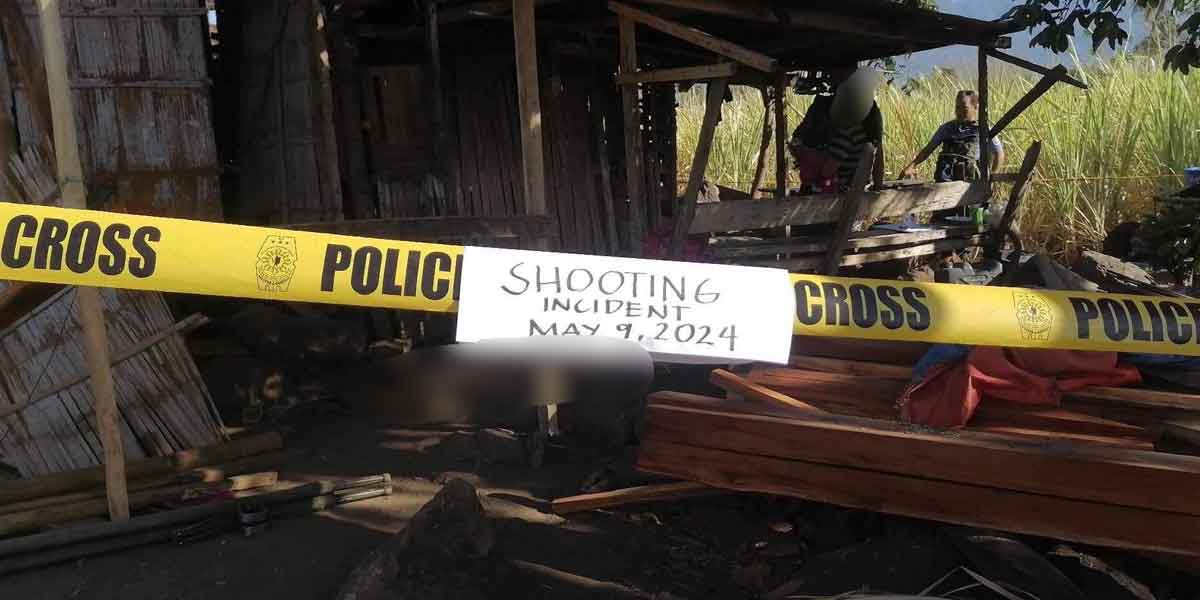![]() By Reyshimar Arguelles
By Reyshimar Arguelles
With the whole country under a state of emergency due to the CoViD-19 pandemic, Congress has given emergency powers to Duterte in a bid to fast-track crisis response, allocate funds for frontliners and implement stricter containment measures.
We are, after all, at a critical juncture where the pandemic has yet to reach its peak in the country. Alongside calls to augment the healthcare system that miserably lacks the needed equipment to tackle a crisis in this magnitude, the Duterte administration has ordered citizens to follow government directives during a (surprisingly) sober and decent address on Tuesday.
Indeed, if we are to flatten the curve of CoViD-19 cases, staying at home for an extended period of time and washing our hands frequently can draw the line between making things better and making things worse. But it should not end there. Our embattled frontliners need all the support they can get to confront an invisible and deadly enemy. They are throwing themselves in a war that has already claimed the lives of eight doctors.
Every minute is crucial with some hospitals now occupied by the infected and health workers managing to get by with what little equipment they have. Indeed, this is the fruit of a system that places less importance on national health and welfare.
But what this pandemic has taught us is that solidarity can only be achieved when everyone faces a common threat, one whose capacity to kill is dictated by nature and not by ideology or conviction. What we are dealing with is an inhuman enigma that has effectively cut us from each other, starving us of intimacy and bringing out our most vulnerable side. To overcome this condition, we find a semblance of ourselves in each soul that has been condemned to exile for no reason at all.
Collective suffering makes us realize that we are not entirely alone in our loneliness. Boredom is nothing but an immediate effect of isolation, but it is also a result of missing what was once a normal day, when the streets were filled with life and you could listen to conversations, jokes, and rants from people who were waiting too long for a certain brand of sponge cake.
But now that these scenes have receded into memories we recall in our isolation, we cannot help but hope for the situation to abate. In the face of uncertainty, we find within us the energy to fight this loneliness and profess solidarity even in the most subtle way.
Mindless as it is, the virus feeds on ignorance and weakness. But it has to confront communities that are animated by a desire to recover what has been lost. From Wuhan citizens echoing motivational chants from balconies, to an Italian priest who died after he had selflessly given up his respirator to a younger CoViD-19 patient. These are stories we could not simply overlook at a time when all the world’s institutions are crumbling.
In the middle of all this, solidarity stands firm and knows no boundaries. The private sector in Iloilo City, for instance, has donated cash, goods, and medical equipment to the local government. For their part, individuals who operate 3D printers are working around the clock to supply face shields. Everyone else is doing what they can to remind others to stay home, while there are those who take the risk to kee society’s gears running.
All these show our capacity for solidarity, which will never be lost even as this crisis passes. While we cannot exactly find a definite end to this situation, but in our exile, we find hope in the idea that separations are non-existent and we can always find ourselves in each other.





















